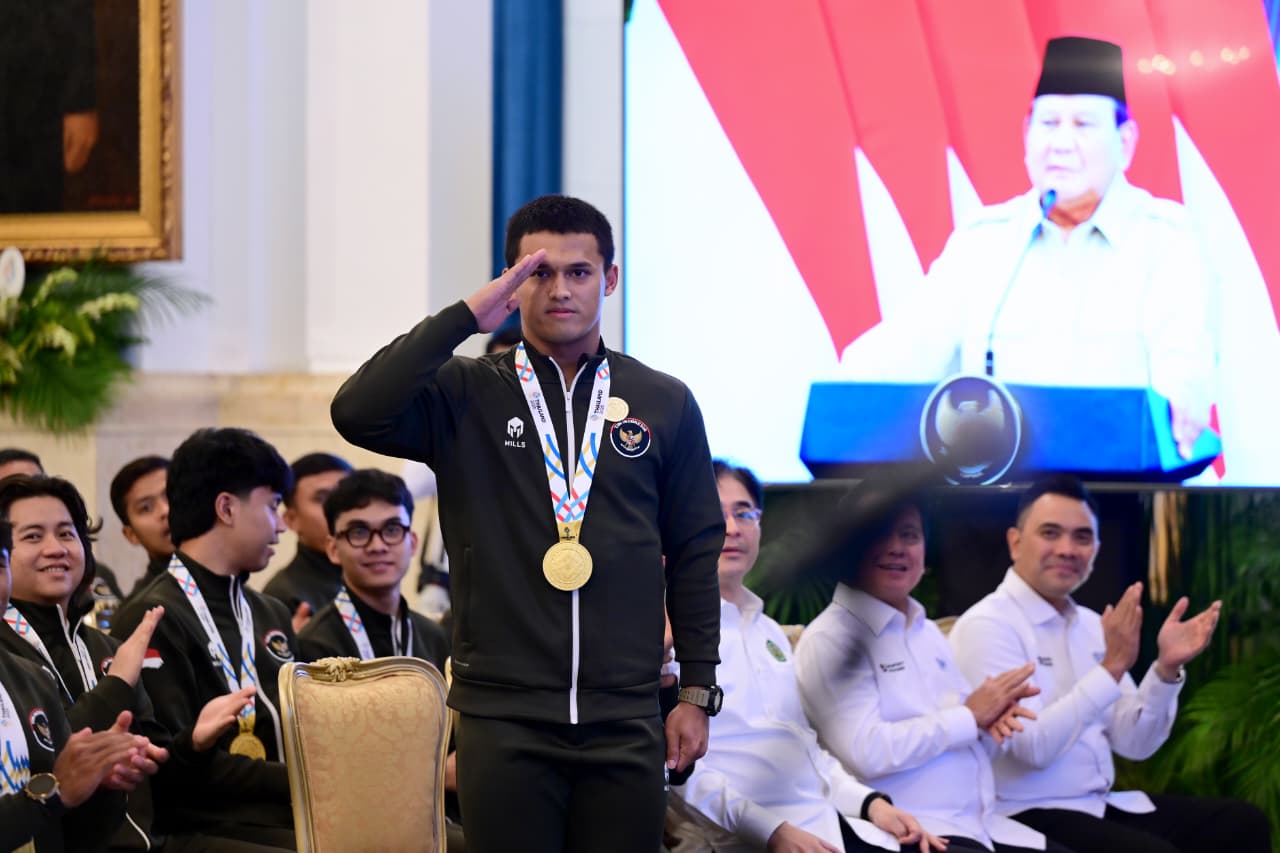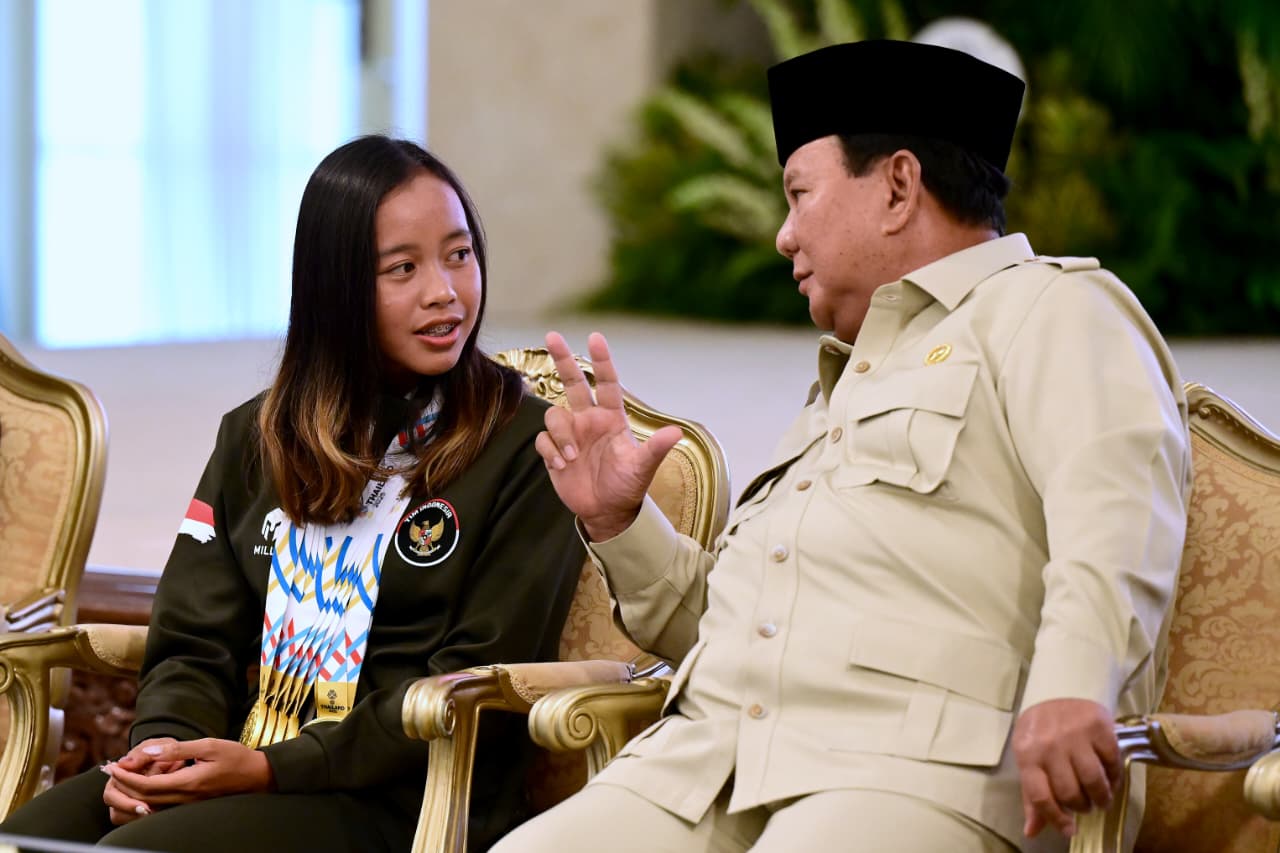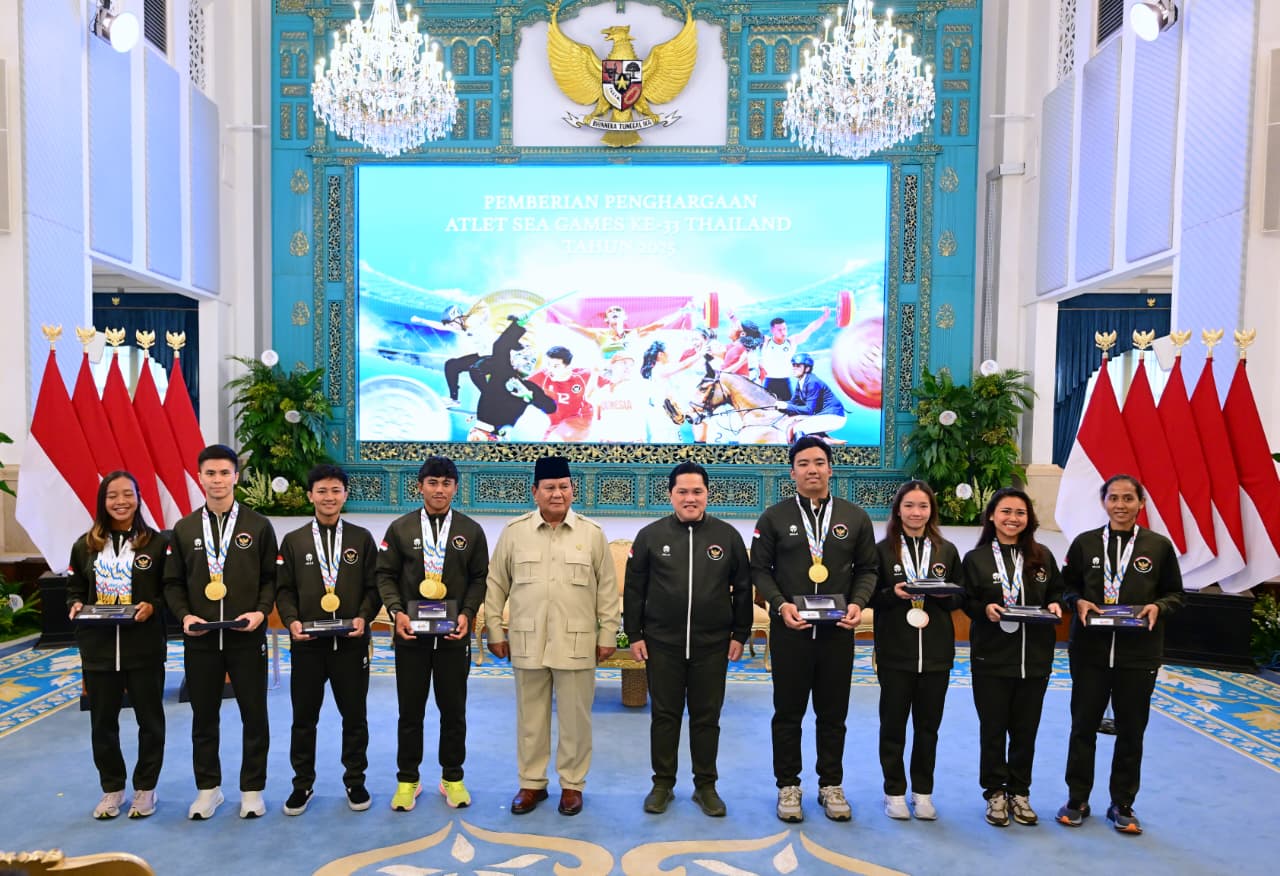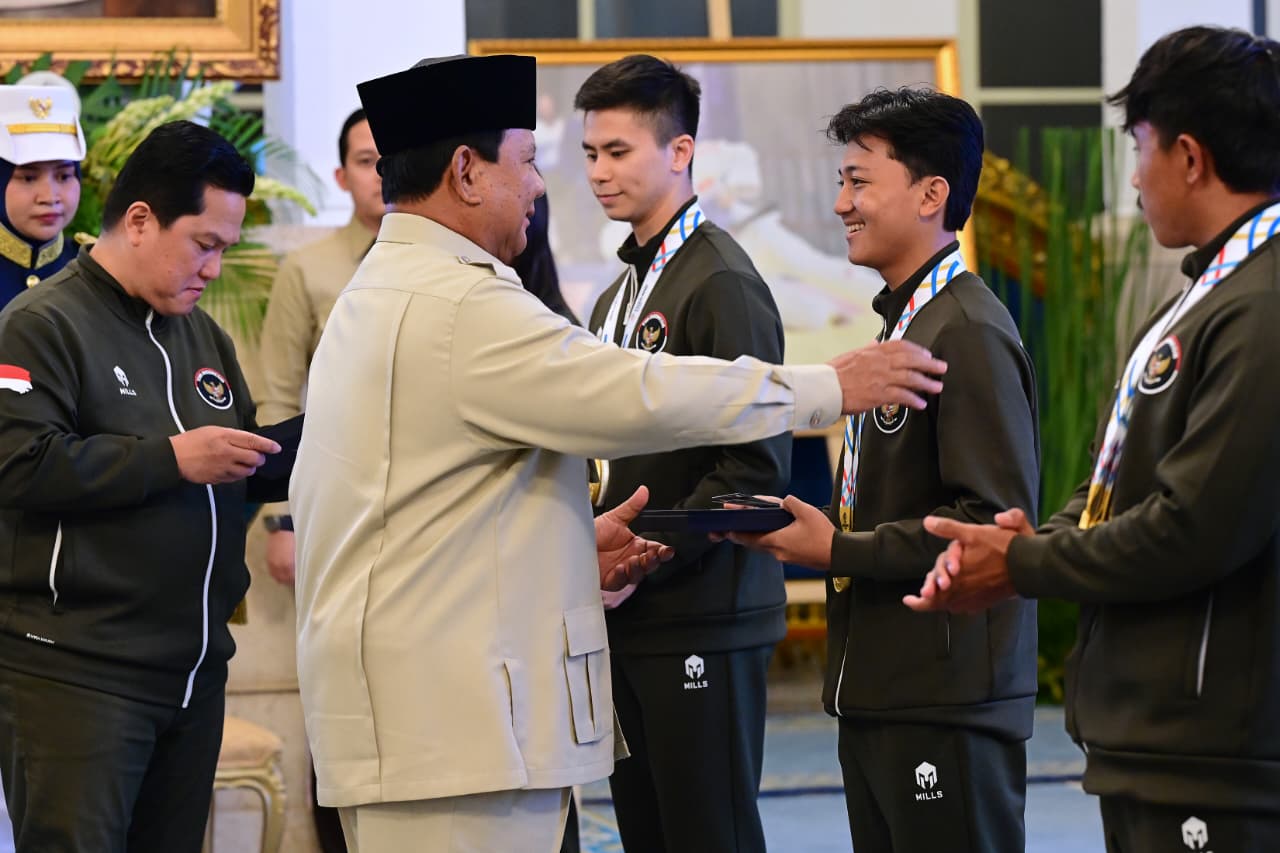Gov’t to Focus on Procedures Relaxation in Trade Sector
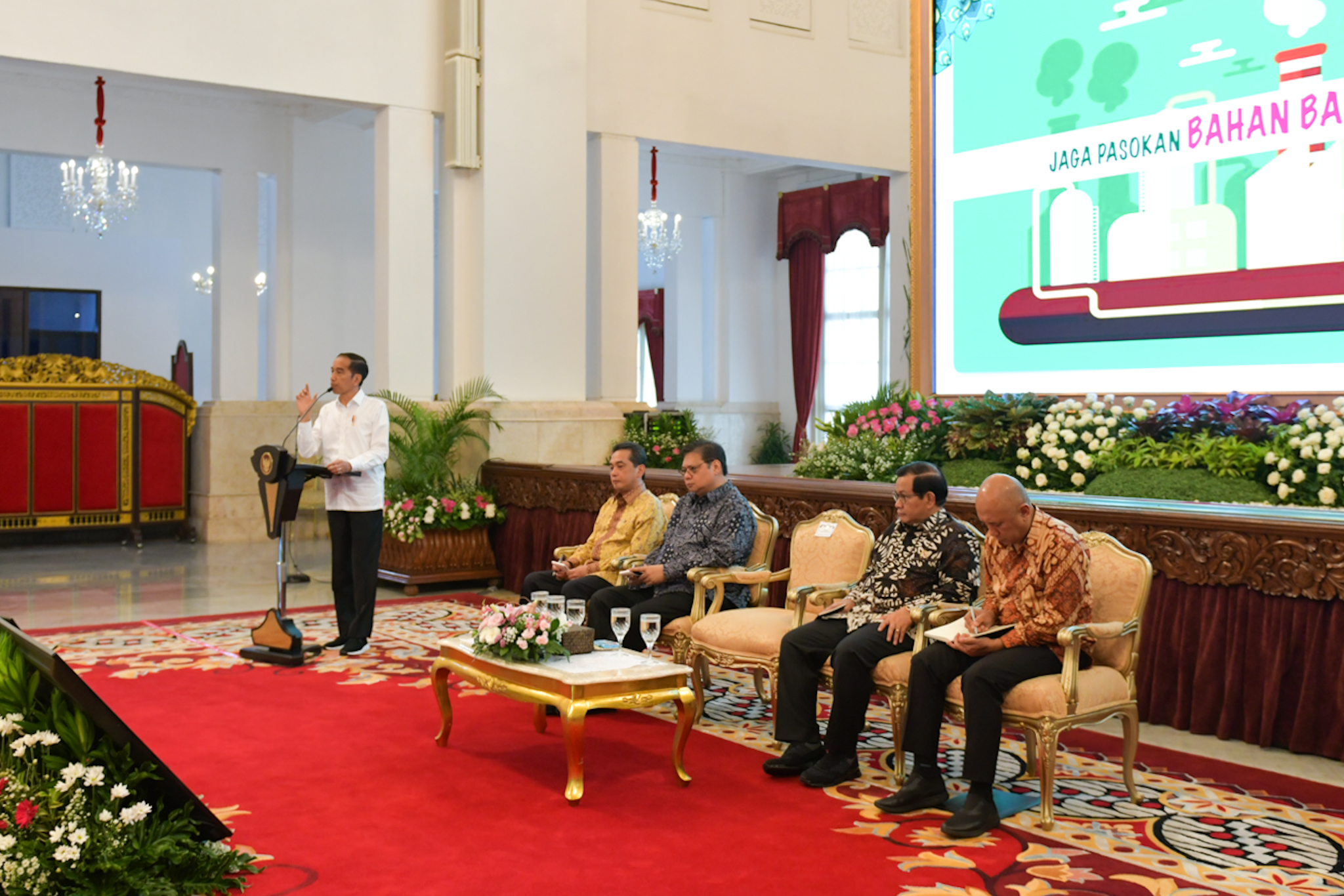
President Jokowi delivers his remarks at the 2020 Working Meeting of Ministry of Trade, at the State Palace, Jakarta, Wednesday (4/3). (Photo by: PR / Ibrahim)
The 2020 Working Meeting of Ministry of Trade is set to focus on procedure relaxation and acceleration in order to ease the licensing process in trade sector, President Joko “Jokowi” Widodo has said.
“We will discuss business licensing procedures. Convoluted and burdensome procedures should be trimmed,” President Jokowi said in his remarks at the 2020 Working Meeting of Ministry of Trade at the State Palace, Jakarta, Wednesday (4/3).
According to the President, the coronavirus outbreak has disrupted economic activities, including global demand, supply chain, and production.
“Many investors have become skeptical to invest in Indonesia following the spread of coronavirus. All countries are experiencing similar difficulties. Therefore, we should simplify our procedures,” he said.
President Jokowi added that a number of factories in Indonesia are now at risk as coronavirus outbreak has stopped shipments of raw materials from China. He also mentioned that electronic components from China are worth US$ 10 billion.
“China is Indonesia’s largest trading partner in import supplier. However, the supply is currently interrupted. If we could not provide procedure relaxation, the price would definitely rise and inflation would rise,” the President added.
he country’s inflation rate, the President continued, has been maintained at 3 percent for the past five years. In addition, the President also cited the example of garlic prices that pushed annual inflation to 2.98 percent in February was caused by convoluted procedure.
“The important thing is our speed that aims to ease the licensing process. The existing regulations regarding license procedures should be discussed during this working meeting. There should be procedure relaxation of both tariff and non-tariff imports. Do pay serious attention to the country’s needs, including import procedures, certificate of origin, and other things related to ease the licensing process,” the President stated.
The President further said that central bank Bank Indonesia and the Financial Services Authority (OJK) have also implemented procedures relaxation that has led to stronger rupiah and the Composite Stock Price Index (CSPI).
“I hope all ministries can implement procedures relaxation considering that we will face the fasting month Ramadhan and the supply of our goods should be sufficient,” the President said.
President Jokowi also ordered that supply chain in industrial and consumer sectors should also be calculated.
“Do handle major food commodities, such as garlic, meat, and sugar supply. The people are already worried about the Covid-19 spread. Do not let them worry about food supplies,” the President added.
On that occasion, the President ordered his Cabinet Ministers not to work only as a routine.
“I was pleased that there was an increase in the Purchasing Managers Index (PMI), which showed that it has reached above 50 percent, while China is at 35 percent,” the President said.
According to the President, the country’s production capacity and idle will increase. Before that, there should be raw materials supplies, he added.
“If there are additional orders, we should provide more raw materials supplies,” he said.
At the end of his remarks, the President said that the import of raw materials is the Government’s concern. He also expressed hope that the result of the working meeting can be implemented immediately.
“This is an opportunity. We have issues to be resolved through this working meeting,” the President said, adding that the working meeting will not only be an annual meeting but will also become a total change of mindset, work pattern, and work culture in response to any changes in the global economy. (TGH / EN)
Translated by: Syarifah Aisyah
Reviewed by: M. Ersan Pamungkas





